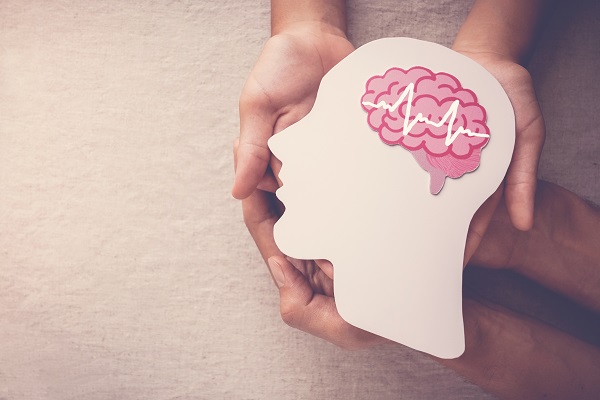TMS Treatment Process Is Effective for Depression

The TMS treatment process has been proven to be an effective way to treat depression. It is a non-invasive treatment that involves using magnetic pulses to improve a patient's brain chemistry. Transcranial magnetic stimulation (TMS) is approved by the Food and Drug Administration to treat depression and obsessive-compulsive disorder.
Medication and psychotherapy are usually the first treatments recommended for patients with depression, and they are effective most of the time. However, some patients do not notice any positive improvements after starting medication treatment, while others have severe side effects they are unable to live with. The TMS treatment process provides a non-invasive alternative for such patients. It is also an excellent option for patients who prefer a medication-free approach to treating depression.
Getting past depression with the TMS treatment process
Depression is the top reason people between the ages of 15 to 44 file for disability in the U.S. It is a mental health disorder that comes with symptoms like a low mood that does not go away and a loss of interest in everyday activity. Left untreated, depression can significantly impact a person's quality of life, negatively affecting their personal and professional lives.
Transcranial magnetic stimulation is effective in most cases of depression, and about a third of people who undergo the treatment are depression-free for the rest of their lives.
TMS therapy often starts with a psychiatrist evaluating patients who have yet to be diagnosed with depression. A physical examination, blood tests, and an interview are typically part of the process. For patients who have already been diagnosed with depression, the psychiatrist evaluates how effective any medication they have been prescribed has been. Patients are usually diagnosed with treatment-resistant depression when they have taken antidepressants for more than six weeks without any positive improvements.
The psychiatrist will likely take a brain scan of the patient's brain before starting TMS therapy. The brain scan is used to map the patient's brain. It allows the psychiatrist to pinpoint the best parts of the patient's brain to target during the treatment.
During the first TMS session, the psychiatrist places a magnetic coil on the patient's head. Earplugs are provided to protect the patient's ears from the loud clicking sounds made by the magnetic coil. It sounds a lot like the sounds made by the machines doctors use for magnetic resonance imaging.
The first treatment session usually involves the psychiatrist determining the patient's motor threshold. This is the limit on the intensity of magnetic pulses that can be safely used on the patient. The psychiatrist determines this limit by sending magnetic waves of increasing intensity until they force the patient's fingers or hands to twitch.
Once the motor threshold has been established, the patient can start getting TMS sessions that last somewhere between 20 to 40 minutes. Patients are typically scheduled to get up to five of these treatments per week for as long as six weeks.
TMS therapy works
TMS therapy helps alleviate the symptoms of depression even after antidepressants have failed. Call or stop by our New York clinic to set up an appointment.
Request an appointment here: https://www.hopetmsofny.com or call Hope TMS and Neuropsychiatric Center at (646) 578-8152 for an appointment in our New York office.
Check out what others are saying about our services on Yelp: TMS Treatment Process in New York, NY.
Recent Posts
Although often overlooked, mental health is just as important as physical health. Whether you have a mental disorder or are going through a difficult time due to external factors, a psychiatrist can provide professional help. You can also follow several self-care tips outside of treatment to help make your mental health journey easier.Self-care is crucial…
The longer you smoke, the more impossible smoking cessation seems. This is due to the powerful hold that nicotine, a substance in tobacco, has on the brain. Trying to quit on your own may be dangerous for some due to the withdrawal symptoms. Fortunately, we offer a variety of ways to help you kick the…
Any psychiatrist will tell you that eating disorders are serious and, in some cases, fatal illnesses. Eating disorders are often linked with severe disturbances in people’s eating behaviors as well as related emotions and thoughts. Preoccupation with body weight, food and shape usually also signal an eating disorder. The three main types of eating disorders…
Curious about what can help your ADHD treatment work better? Read on to learn more. ADHD is a common neurodevelopmental disorder that affects millions of people worldwide. ADHD treatment options include medication and therapy. However, positive lifestyle changes can also significantly improve the symptoms and quality of life. This article covers different lifestyle changes that…


